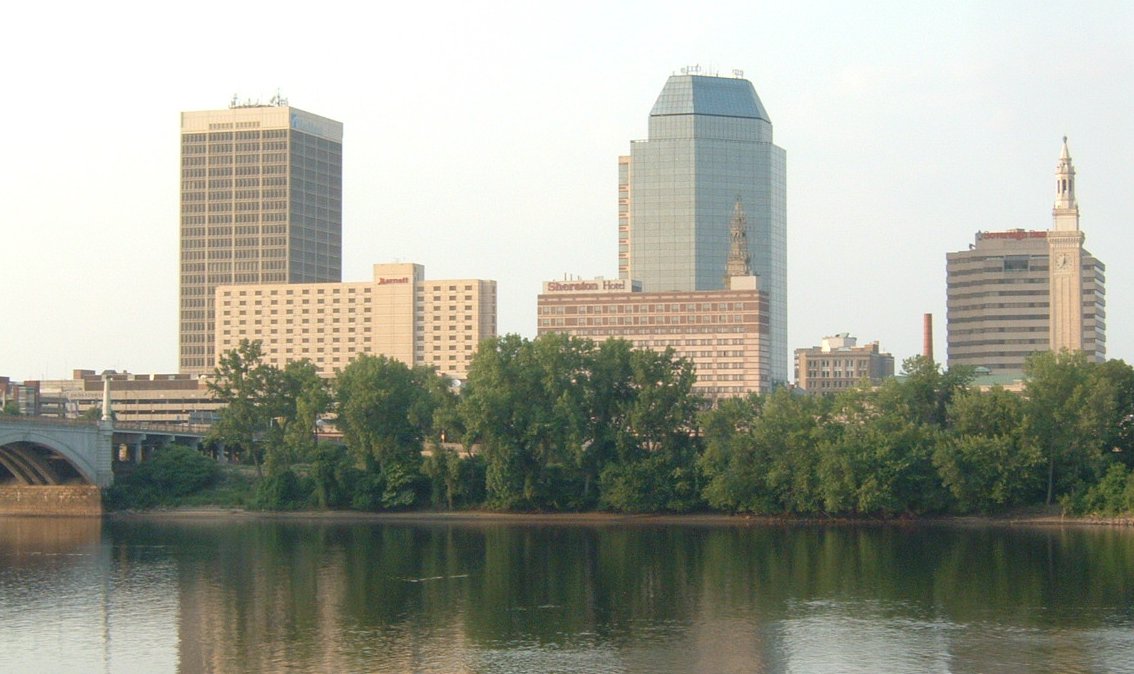Protesters across the country continue to take to the streets demanding change after the killing of George Floyd at the hands of law enforcement.
Racial inequities that already existed are now exacerbated by COVID-19, whether they’re in housing, economic conditions, employment status, access to transit and opportunities. The most recent report published from MassINC, From Transactional to Transformative: The Case for Equity in Gateway City Transit-Oriented Development, examines many of these issues, especially socioeconomic exclusion, gentrification fears, geographic disparities, and demographic change.
State leadership also comes up short on equity. Data from a report MassINC published back in November, MassForward: Advancing Democratic Innovation and Electoral Reform in Massachusetts show that leadership is not representative demographically. Imbalances prevalent in Gateway Cities extend all the way to the State House, where, as Ben points out, “About 30% of the Massachusetts population is people of color but only 13% of state legislators and only 5% of legislative leadership.” That last data point is important, Ben explains. “In Massachusetts, the leadership really dictates the policy.”
Policies that the historically white-dominant leadership have put in place aren’t designed for Gateway City residents who on average take home less pay than those living in Boston’s core, Tracy explains. The Commuter Rail serves as an example. “That system has been designed to shuttle people who are working in higher-paying, white collar jobs from the suburbs and from our Gateway Cities into downtown Boston,” Tracy says.
“We know that the way things are set up now are not equitable. We’re still calling on the same leaders. We’re calling the business community, the same predominantly white people, to make decisions for a rapidly diversifying society.” The pathway to leadership cannot remain as narrow as it has always been. If it does, nothing will change.
Achieving transit equity is just one of the many steps necessary to take in order to create a truly equitable society. And our guest this episode is part of a team that designed a plan to inch closer to that goal.
Bryce Lloyd-Hahn is a graduate landscape architecture student at UMass Amherst and a member of the winning team of MassINC’s TTOD Planning and Design Competition. In early spring, Hahn and his teammates noticed headlines covering the rising frequency in altercations between cyclists and motorists in Springfield as days got warmer and cyclists and dirt bike riders took to the streets usually dominated by cars.
Hahn says, right now, “There isn’t a place in Springfield to be able to safely bike.” His team put together a comprehensive redesign called “In The Loop” that includes a space specifically built to include people on wheels — bikers, cyclists, skaters and more.
“Having a space is a signal that Springfield wants this kind of action to have different modalities of movement,” Hahn says. “Without it, it elevates the status of vehicles more.”
